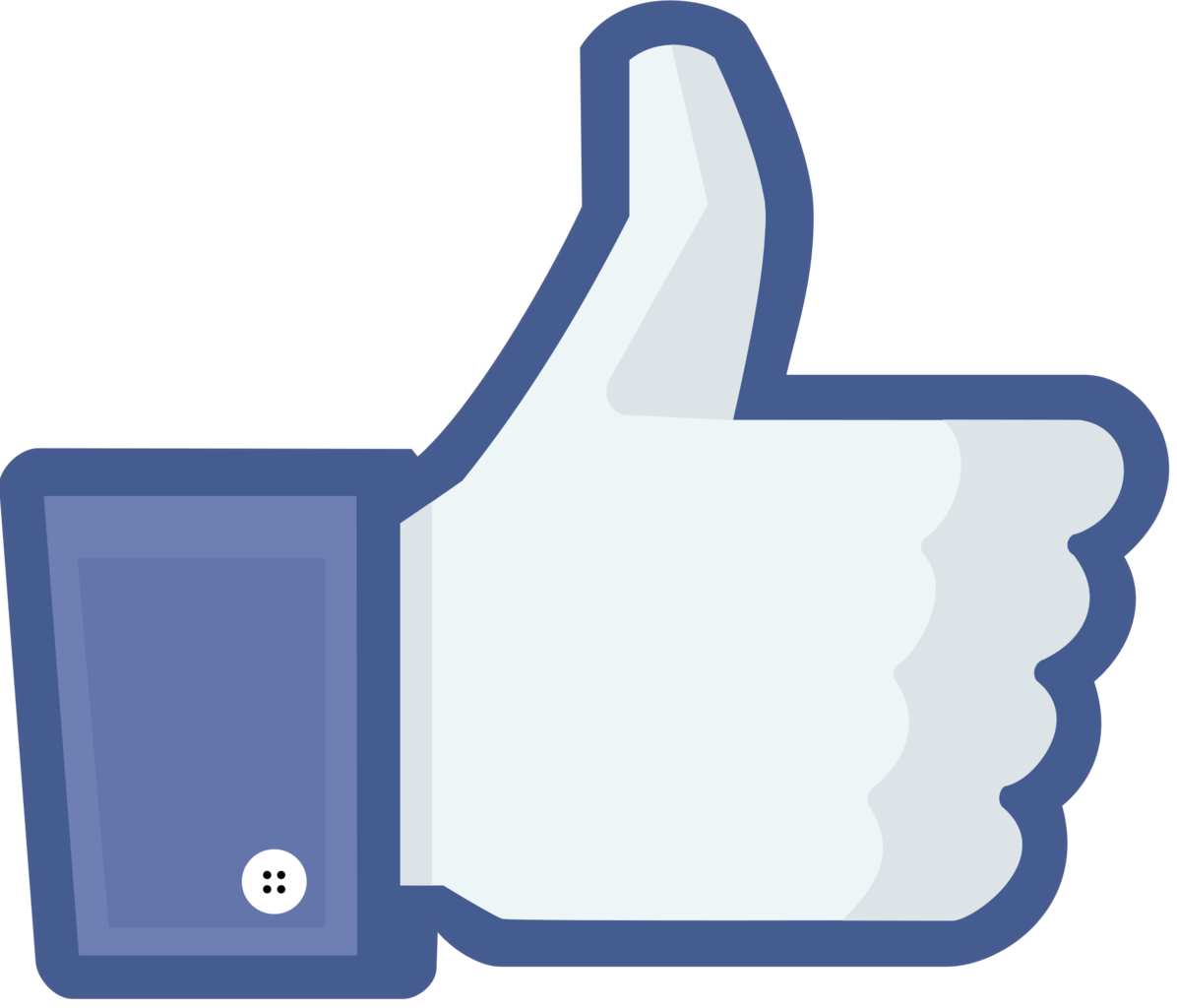 |
| Public domain |
But is this something to "like" as we would on Facebook? Well, we would have to because there is no way to "dislike" it (which is another thing that Derrick brought up).
This got me thinking in terms of the Michael Wesch video, "The Machine is Us/ing Us". Wesch brings up the idea that we need to "teach the machine" and by doing so, we become masters of the "machine." But what does it actually mean to become a master like this?
Derrick says that we are being "blindly led" by the people who create parameters through these digital tools, but at the same time, I think that we are being led to believe that we are mastering and teaching the machine. We are given the impression that we have control over our Twitter or Facebook accounts, but we are actually just going along with what people have done before and what they are allowing us to do.
 |
| Public domain |
However, there are ways that we can master the machine. I think that as long as we extend beyond the usual updates, tagging, following, etc. and we push ourselves to create new ideas and share them in any way we can, we are able to show that we are masters. We become the masters as we learn to use these tools to our advantage.
This is a really important issue, Melody, and there's some excellent scholarship on this point. If I remember, perhaps I'll post some of it later. (Note to self ...)
ReplyDeleteMastery and control are attractive concepts and form some of the fundamental appeal of digital tools. (Use _________ and take charge of your schedule / inbox / life!) However, we also enjoy giving ourselves up to certain tools or services because they structure and simplify things for us. I also think a distinction should be made when talking about a platform -- which is supposed to promote individual freedom. Another factor is that people expect a great deal from services they get for free. Should they?
ReplyDeleteWhen I was a full-time missionary, I was given specific tools for planning: a six-week planner and directions for when and how to plan. That apparatus for planning was limited to the lifestyle and goals of a full-time missionary. By learning that specific form of planning, I became more capable of planning in general. However, when I left the mission and tried to implement the same principles of planning that I had learned -- this time without that specific apparatus -- I really struggled to find a tool for planning that seemed adequate for my needs. And so even though I "knew" how to plan, I didn't as often. I tried many things, and ultimately landed on iCloud -- I am thoroughly integrated in Apple's Calendar, Notes, and To-Do apps, because I can use them on both my phone and my laptop. Only now that I have an adequate tool do I feel able to plan as well as I did. And my planning technique has certainly molded itself to what my new tools can do.
DeleteInterestingly, many returned missionaries struggle with personal planning without the Church-given tools they are used to. So many that a product has emerged to capitalize on their plight: http://www.rmdailyplanner.com/ I've looked through it and feel somehow uncomfortable by it. I much prefer iCloud's services.
This is an interesting discussion and a great point. What's even more interesting to me is that Facebook actually DID have a "dislike" button for a while, but it proliferated so much hate and negative feeling that Facebook took it off. Along with mastery and control come questions of censorship--while we laud the internet for freeing expression, it is still heavily monitored and controlled, often based on American cultural norms. Facebook's also run into a problem of protests from women in other countries trying to post pictures of themselves breast-feeding their new babies. While Americans sees this as immodest and inappropriate, other cultures view breast-feeding as a tender and emotional way to show the connection between mother and daughter. It's interesting how while the internet makes the world smaller, we bump into each other's morality systems in interesting ways.
ReplyDeleteIt's such a good thing that Facebook "dislike" does not exist anymore (didn't know it ever did, thanks!).
DeleteYou really bring up a complex and interesting point -- how does coding challenge moral codes? As technological restrictions approach zero, we'll be left to determine the appropriate use of technology based on our own collective decisions. Either we do that (difficult task), or it will be decided for us by those in power and who have interests to decide. One of the romantic myths of the digital age is the idea that "anything is possible." The flip side of that is we'll have to make more decisions about what is right, right?
This all boils down to the importance of digital literacy. We can choose not to be blindly led by our tools by consciously learning them, mapping out their parameters. And Facebook, Twitter, Apple, Microsoft, and the rest has an interest in hearing "us" and shaping tools that we want. These companies are the parents driving us to our family outing, and while they want the children's input, they make the final say, and their new development of new tools will always be restricted by what is in their own interest. Apple's tools have been restricted to try to force out of prominence Adobe's tools. Facebook has encouraged tons more sharing of personal information and has built its business model on making that information profitable for them (with Facebook as a business, it is important to remember that its users are the product, not the consumer).
ReplyDeleteSo we should be aware of what forces other than "the greater good of connectivity" are at play in the hands of those actually behind the reins of code.